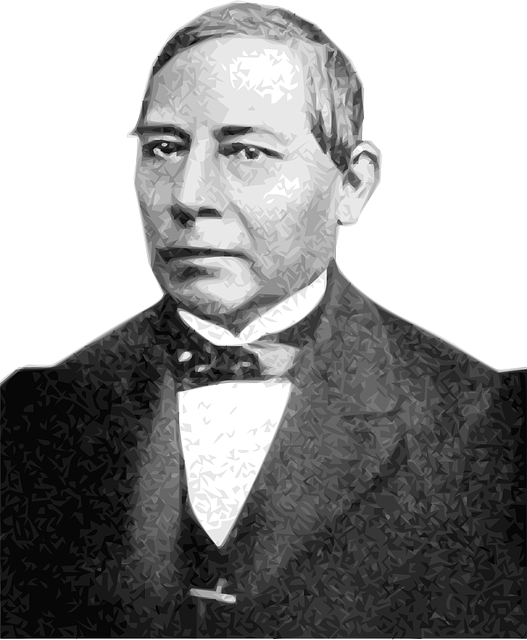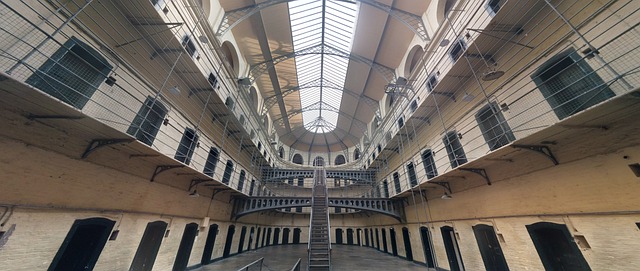Rural and urban areas face contrasting DUI challenges, leading to varied regulations. Rural regions implement stricter BAC limits due to limited emergency services, while urban areas focus on corporate DUI awareness workshops to educate dense populations. These workshops, tailored to specific communities, play a vital role in shaping public perception, promoting responsible driving, and reducing DUI incidents across diverse geographical locations. Corporate DUI Awareness Workshops are a key strategy for enhancing road safety and fostering local accountability.
In the realm of DUI (Driving Under the Influence) laws, rural and urban areas face stark contrasts. This article delves into these disparities, focusing on key differences between small towns and big cities in terms of enforcement strategies, resource allocation, technology use, and sentencing guidelines. Understanding these variations is crucial for corporate DUI awareness workshops aiming to foster safe communities across diverse landscapes. By navigating these disparities, workshops can tailor their approaches to local challenges, ensuring more effective prevention and education.
- Understanding Rural and Urban DUI Laws: Key Differences
- Corporate DUI Awareness Workshops: Navigating These Disparities for Safe Communities
Understanding Rural and Urban DUI Laws: Key Differences

In the realm of DUI (Driving Under the Influence) laws, rural and urban areas often find themselves governed by distinct regulations, reflecting their unique characteristics. Rural communities, characterized by lower population densities and more open landscapes, typically have DUI laws that take into account the reduced availability of emergency services and the potential for longer response times. These regions might implement stricter blood alcohol concentration (BAC) limits or enhance penalties to deter drivers from risking not only their lives but also those of their less-populated communities.
In contrast, urban areas, with their bustling metropolis and dense populations, may have more nuanced DUI laws designed to handle the higher volume of vehicles and pedestrians. Cities often host a variety of corporate DUI awareness workshops aimed at educating residents about the risks and consequences of impaired driving. These workshops can play a pivotal role in shaping public perception and behavior by empowering individuals to make responsible decisions on the roads, thereby reducing incidents of DUI and enhancing overall safety in both rural and urban settings.
Corporate DUI Awareness Workshops: Navigating These Disparities for Safe Communities

In the pursuit of safe communities, Corporate DUI Awareness Workshops play a pivotal role in bridging the gap between rural and urban DUI laws. These workshops are designed to educate corporate entities and their employees about the unique challenges posed by different environments. In rural areas, where enforcement resources may be scarce, workshops can focus on raising awareness about the heightened risks of driving under the influence due to limited emergency services and longer response times. Conversely, urban workshops might emphasize navigating dense populations and high traffic volumes, where strict laws are in place to maintain public safety.
By tailoring these workshops to specific regions, companies can foster a culture of responsibility and accountability. They equip employees with knowledge about local DUI regulations, enhancing their ability to make informed decisions. This proactive approach not only reduces the instances of DUI but also promotes a sense of community responsibility, ensuring that everyone works together to keep roads safe, regardless of urban or rural setting.
In understanding the distinct challenges posed by rural and urban DUI (Driving Under the Influence) laws, it becomes evident that tailored approaches are necessary to ensure road safety. Corporate DUI Awareness Workshops play a pivotal role in bridging these disparities by educating communities on the unique regulatory frameworks surrounding DUI in both settings. By fostering a deeper comprehension of local laws, these workshops empower individuals to make responsible decisions, ultimately contributing to the reduction of DUI incidents and the creation of safer, more informed communities.






